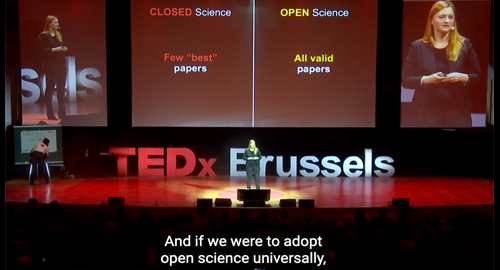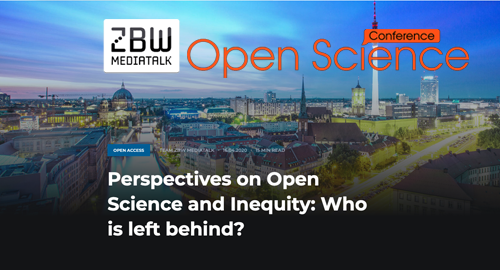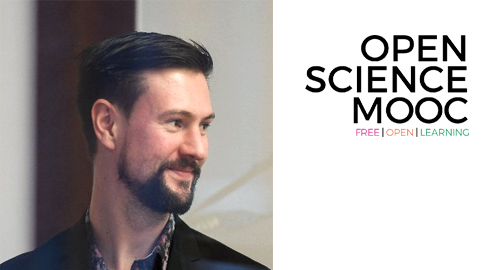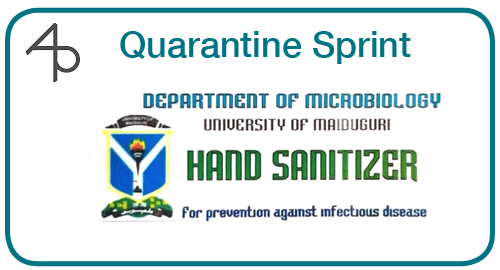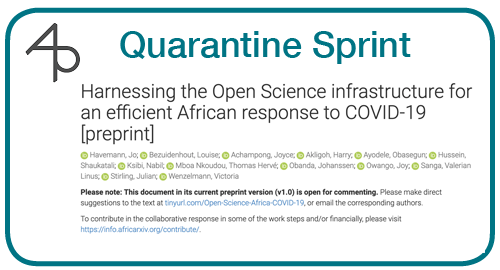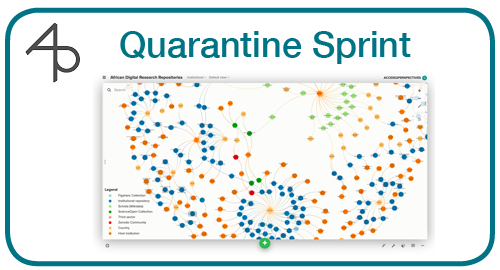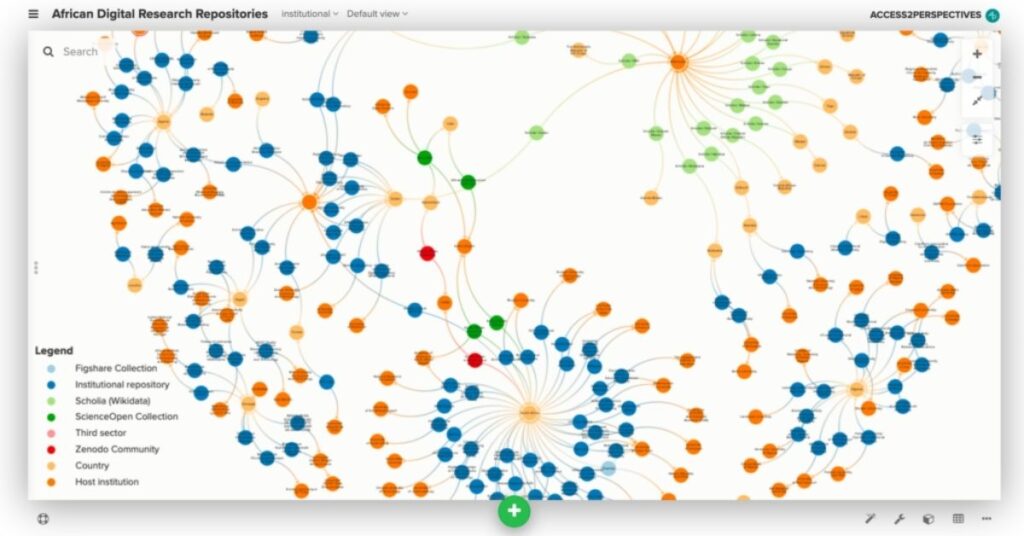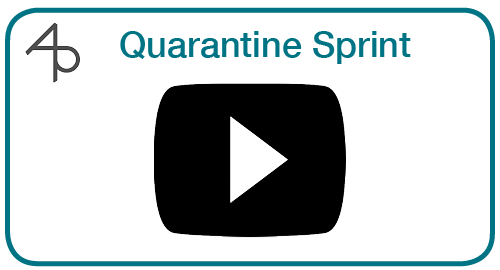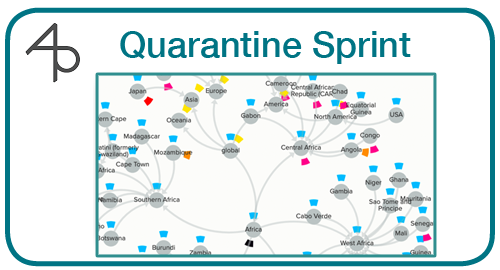Kamila Markram: Open Science can save the planet
Imagine: from your taxpayer’s money, you pay for the highways in your country. And then imagine a company would come along, put up a toll gate and charge you so much money that only the richest cars could afford to use this highway. We would never allow this to happen on our roads, would we? But then why are we allowing this to happen to our scientific knowledge?

